A coalition of five NGOs including the European Rivers Network (ERN) has launched a platform called “Living Rivers Europe” to closely monitor the upcoming review process of the EU Water Framework Directive [1].
On the 22nd March 2017 – the day celebrated at the global level as “World Water Day” – an event took place at the European Parliament entitled “The Water Framework Directive – Lifeline for European Waters” organised by the Forum on Recreational Fisheries and Aquatic Environment.
The event was chaired by four Members of the European Parliament, from four different political groups, all with a strong interest in this topic: MEP Ulrike Rodust (S&D), MEP Franc Bogovic (EPP), MEP Gerben-Jan Gerbrandy (ALDE) and MEP Linnea Engström (Greens).
The European Commission, represented by François Wakenhut, Director of the European Commission’s Directorate-General for Environment, and stakeholders from both NGOs and industries concerned (Copa Cogeca, Vorarlberger Illwerke AG – an Austrian Hydropower Company) were invited as speakers.
The NGO alliance “Living Rivers Europe” was then officially launched to achieve and secure healthy freshwater ecosystems, with a strong emphasis on the Water Framework Directive review process. “Living Rivers Europe” will campaign for a better implementation, a stricter enforcement and the upkeep of today’s Water Framework Directive’s standards. You can read more about its objectives here.
“Living Rivers Europe” is made up of five international environmental NGOs: the European Anglers Alliance (EAA), the European Environment Bureau (EEB), the European Rivers Network (ERN), the Wetlands International European Association (WI-EA) and the WWF, European Policy Office (WWF EPO).
For the new platform “Living Rivers Europe”, this day marked the beginning of a working process that will stretch into the year 2019.
Read the vision statement of Living Rivers Europe
[1] The Water Framework Directive (WFD) is an EU legislation adopted in 2000 recognising the poor condition of our inland waterways with a legally binding target to achieve good ecological status by 2015. This legislation has contributed to the improvement of water protection in the EU. However, in 2012 the European Commission realised that many Member States would miss the 2015 target as 47% of the EU waters at the time had not reached the good status objectives that were set. A review of this crucial piece of environmental legislation shall take place in 2019 and stakeholders are already getting engaged.
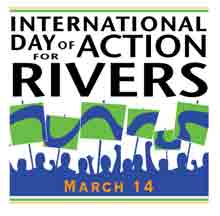
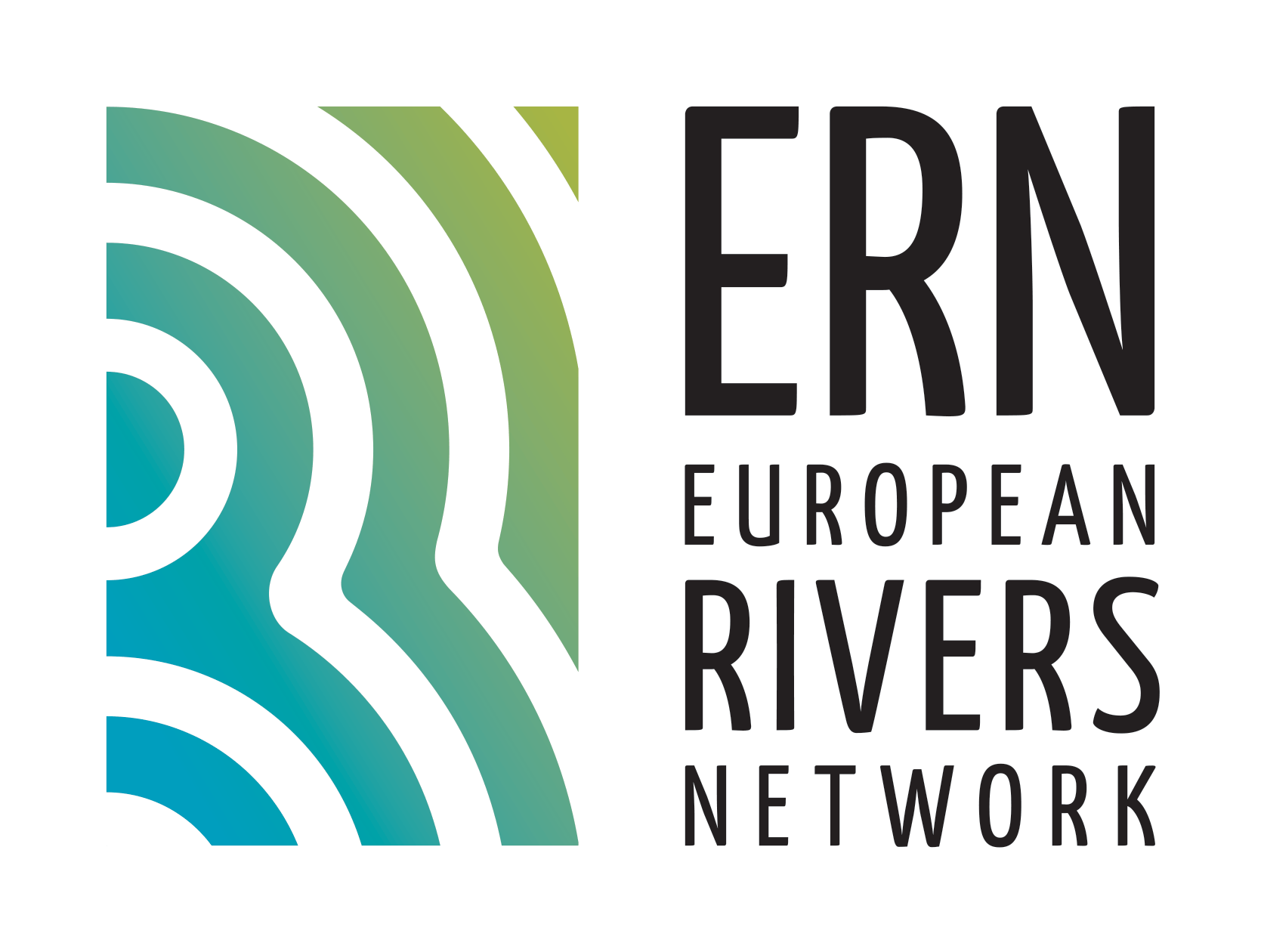
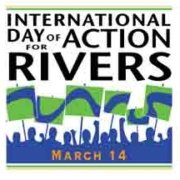
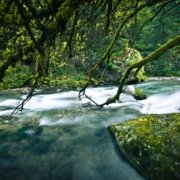
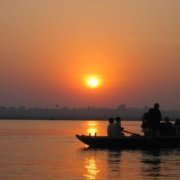
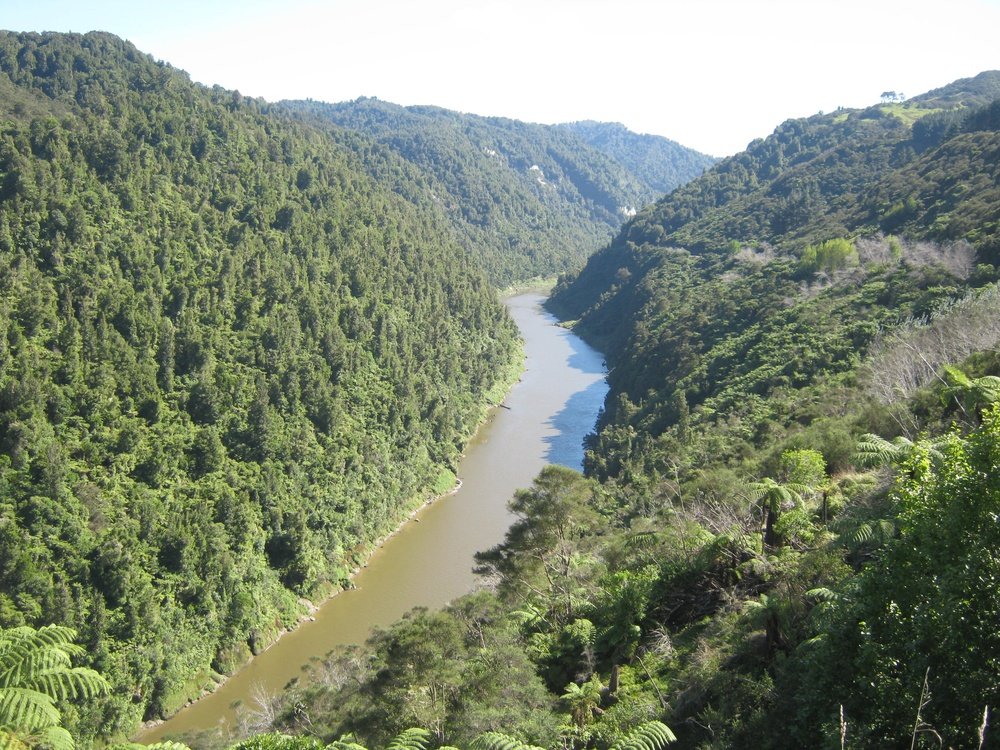
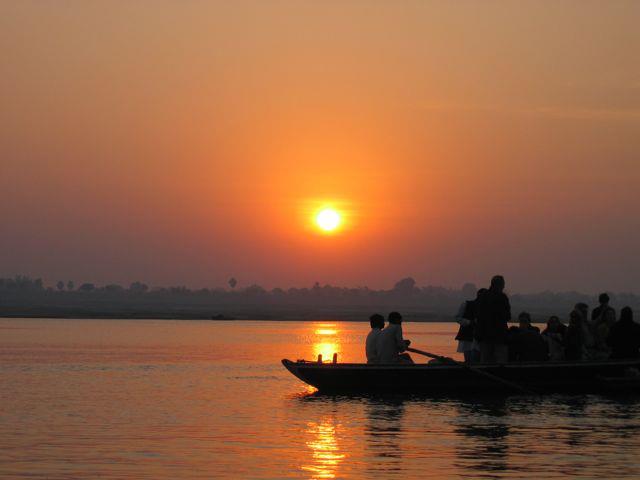
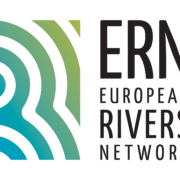
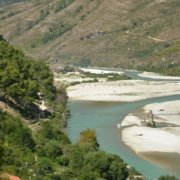
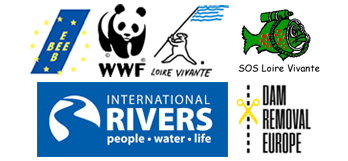 ERN is the official WWF Freshwater Partner in France and cooperates with WWF Switzerland, Austria, Netherlands and others
ERN is the official WWF Freshwater Partner in France and cooperates with WWF Switzerland, Austria, Netherlands and others